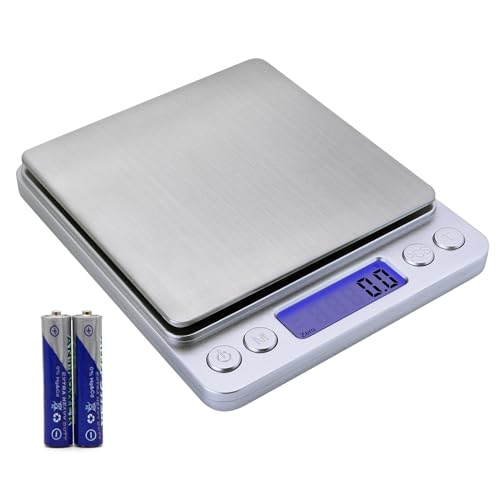I think there's a difference between a customer asking about "natural" and the maker using "natural" to describe his/her products. The customer can ask anything, and some of you have shared really good ways to handle this question -- I've filed away a few for future reference.
On the other hand, the maker using the word on the label or in advertising ... whole nuther deal. I personally would not use the word in relationship to soap, regardless of FO, EO, artificial color, natural color, or whatever. Natural, eco, organic, oh, and let's not forget chemical-free are terms that are so overused they've become meaningless.
Once again, DeeAnna, your logic and good analysis of the variables makes absolute sense to me, and fits with what I would have said, could I put things together so succinctly.











































